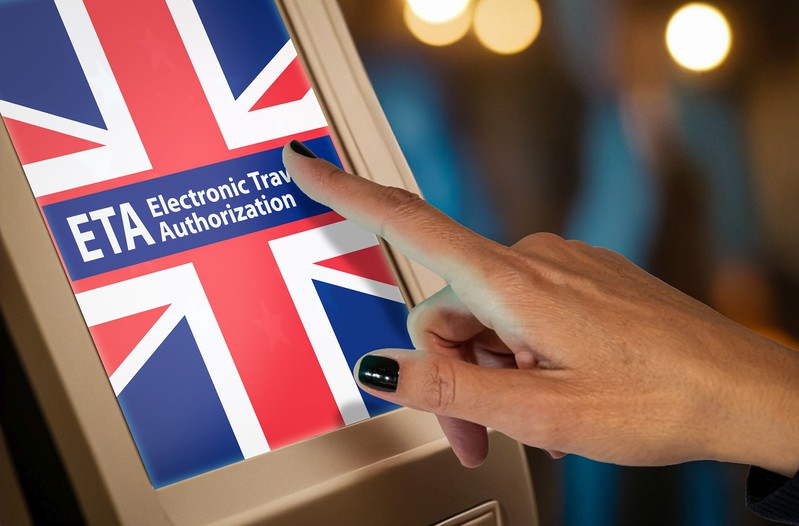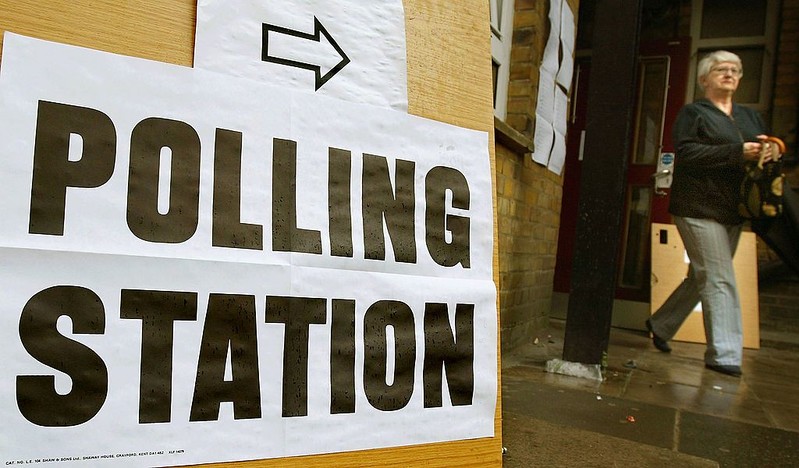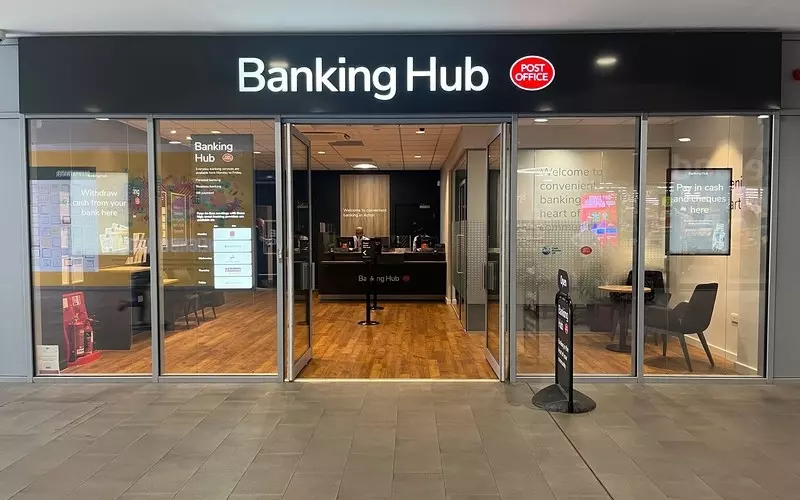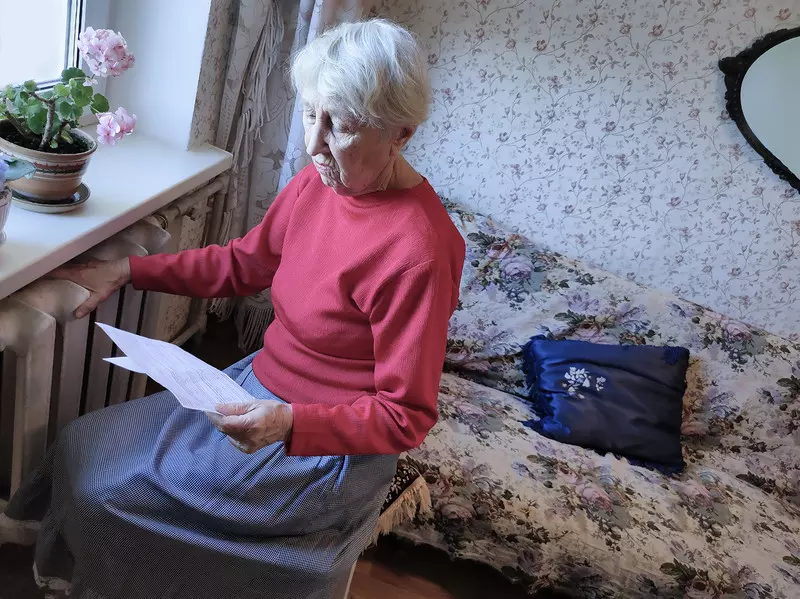Over 1% of the UK’s Population Now Uses the Gamstop Self-Exclusion Service

For users who are more focused on privacy than exclusion, there has been a rise in interest in offshore gambling alternatives. According to iGaming expert Wilna van Wyk, many players have shifted towards safe non Gamstop options because these sites don’t operate within the same shared player database used by UK-licensed operators. That’s appealing for people who want to gamble without their details circulating between platforms.
Van Wyk also points out that offshore sites often offer perks most local operators don’t, including support for cryptocurrency payments, larger game libraries, and higher-value bonuses. Those additions, combined with the ability to avoid data sharing requirements, have made them an increasingly popular choice among privacy-first players.
Back on UK soil, the overall growth of Gamstop reflects a shift in how people approach gambling control. Most registrants now choose the maximum five-year exclusion period. Others opt for shorter breaks, but the long-term figures are the clearest sign yet that users see value in a more permanent block.
The data shows that people aged 25 to 34 are the most likely to register, making up 36% of all sign-ups, which is an increase from what was reported in 2021. There’s also a clear regional pattern. Hull’s HU postcode has the highest registration rate at 1.36%, followed by Teesside, Sunderland, Doncaster, and Blackpool. Northern towns continue to show the strongest levels of uptake.
The impact goes beyond the numbers. Gamstop’s annual report includes user feedback showing that 75% of those who used the service stopped gambling online. Nearly half stopped gambling altogether.
Many also reported a sense of improved control over their behaviour after signing up. When asked about their reasons for registering, 85% mentioned financial stress. Mental health concerns came next at 80%, followed by worries about relationships and physical health. The figures paint a picture of people looking for stability, not just temporary relief.
Another telling detail in the report is that 3% of users said they registered someone else using that person’s details. While it raises ethical questions, it reflects the extent to which some families are trying to step in. It also shows that, for some, self-exclusion isn’t always voluntary; it can be part of a wider support network trying to break a destructive pattern.
Despite its effectiveness, there’s still a minority exploring other paths. Around 8% of those signed up to Gamstop admitted they had used illegal gambling sites at some point. Again, it’s the 25 to 34 age group leading this trend. Gamstop also confirmed that land-based exclusion is growing too.
Nearly 6,000 betting shops now take part in the Multi-Operator Self-Exclusion Scheme, with just under 6,000 new registrations added last year, pushing the total over 9,500. While the core numbers focus on digital gambling, the brick-and-mortar side continues to see steady uptake.





























